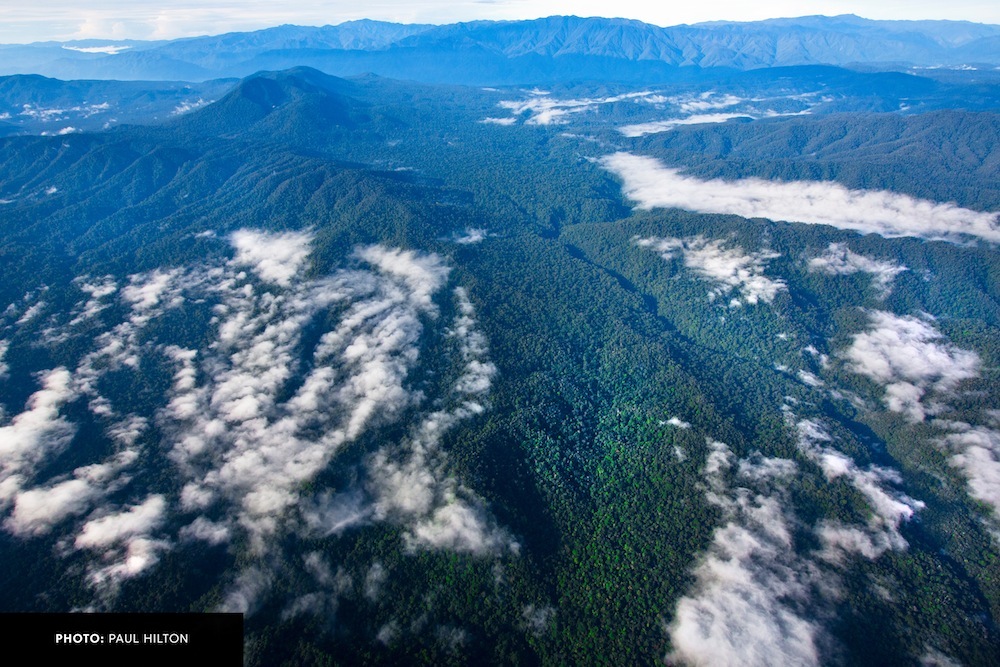Multiple long term conservation efforts reach fruition with localized solutions
After years of grassroots organizing, field investigations, worldwide media coverage and high profile corporate pressure campaigns, we at Rainforest Action Network are hopeful that a series of recent conservation initiatives may represent a breakthrough moment where localized solutions to persistent social and environmental conflicts are beginning to turn towards lasting protections for the remaining critically important lowland rainforests of the Leuser Ecosystem in Indonesia, including improved livelihoods and the resolution of long-standing land conflicts between palm oil companies and customary communities.
It has long been clear that achieving durable conservation and human rights solutions to the multifaceted threats facing the globally important Leuser Ecosystem will require buy-in and cooperation from all stakeholders. This means cementing agreement between parties long at odds, ranging from rural forest dependent communities, smallholder oil palm farmers, civil society organizations and many layers of government up through complex international supply chains that include multibillion dollar food conglomerates and financial institutions.
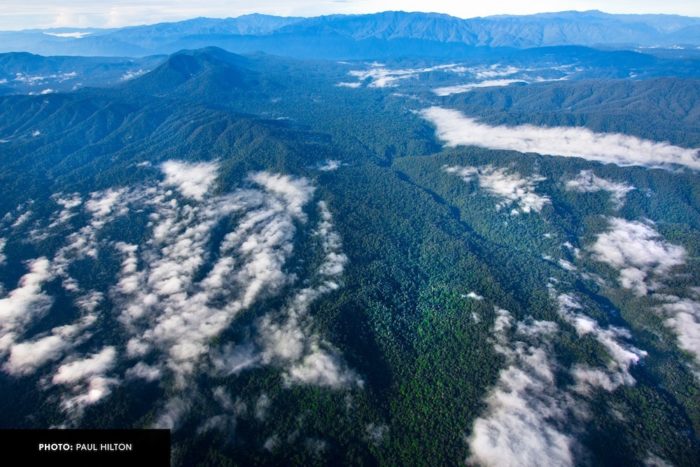
An encouraging number of rogue palm oil producers previously implicated in forest destruction continue to stop land clearing and issue new commitments to comply with the no deforestation policies of major brands and traders. The latest commitment was just announced by PT. Indo Sawit Perkasa – controversially exposed for destroying critical elephant, tiger and orangutan habitat in Singkil-Bengkung region of the Leuser. The letter of commitment builds on those announced by other palm oil companies like PT. Agra Bumi Niaga and Mopoli Raya, all aware that such steps are necessary to maintain their ability to supply palm oil to the global market.
Through raising grievances with major brands sourcing from the region on each of these producers, we have secured interventions to suspend sourcing contracts with problematic producers, mills and refinery operators. Contract cancellations remain a necessary step when palm oil producers fail to voluntarily comply with the no deforestation policies of major brands or traders sourcing from them, or government moratoria or instructions to cease land clearing in palm oil concessions inside the Leuser Ecosystem.
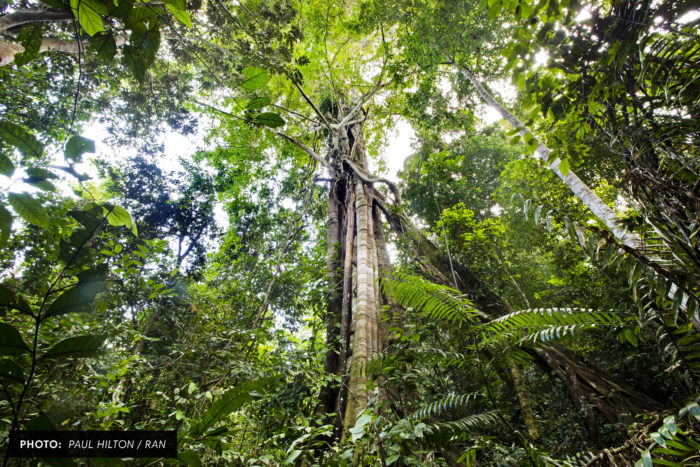
The end of 2020 marks a moment in time when proactive approaches to end deforestation are on the rise. Coalitions continue to be established that have the potential to deliver long-elusive, tangible outcomes in securing the long term protection of the lowland rainforests of the Leuser Ecosystem. These partnerships are being led by local governments with involvement of local civil society organizations, farmer organizations, global food brands and palm oil companies, including sustainable trade initiatives underway in two priority districts in the province of Aceh where deforestation for palm oil poses an existential threat to the irreplaceable Leuser Ecosystem.
One initiative alone, in the sub district of Aceh Tamiang aims to improve sustainable agricultural production on 13,000 hectares of land, while conserving 100,000 hectares of High Conservation Value areas and High Carbon Stock forest and enhancing the livelihoods of 1,500 smallholder farmers and 100 community members.
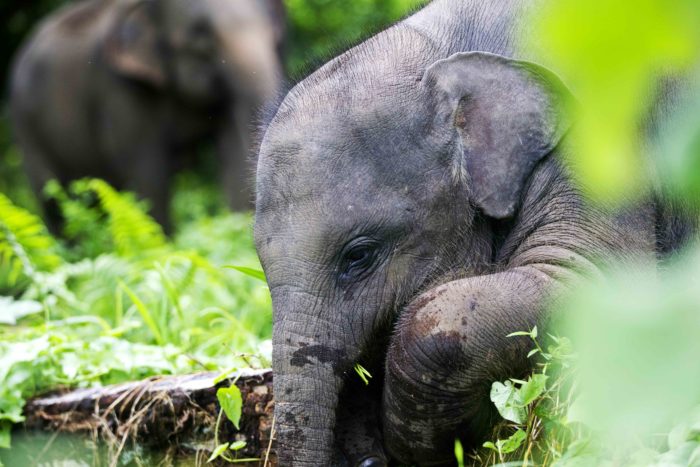
In the last few months, positive steps have been taken by the RADD consortium to establish a collaborative forest monitoring and response system––a critical tool needed to address deforestation in the Leuser Ecosystem. Cooperative efforts will soon be underway to identify, protect and reconnect high conservation value areas and high carbon stock forests. These initiatives hold promise as they look for new and innovative ways to address human-wildlife conflict and the dwindling population numbers of endangered elephants, tigers species that rely on these areas for survival. New opportunities are underway for communities living in and around the forests of the Leuser Ecosystem including restoration-agroforestry projects in Aceh Tamiang and smallholder hubs being established to help farmers meet the ‘No Deforestation, No Peatland and No Exploitation’ requirements set by major buyers of commodities.
These developments come on the heels of palm oil giant Musim Mas publishing a new 5 year plan that details its commitment to support these initiatives and those in its palm oil supply chain to end deforestation, peatland destruction and exploitation in Aceh.
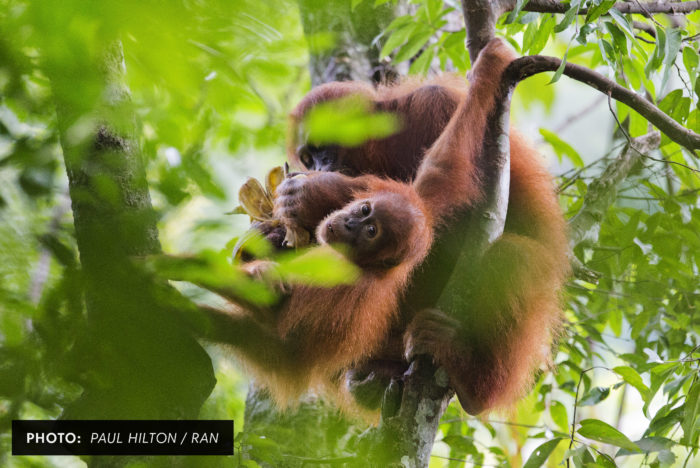
There remain clear discrepancies in the actions taken by brands to address their role in the destruction of the Leuser Ecosystem. PepsiCo and Unilever continue to display leadership through their support for existing and emerging initiatives. The latest announcement demonstrates significant investments have been made by both brands to protect the lowland rainforests in two districts Aceh Tamiang and Aceh Timur––a forest frontier which remains an epicentre for palm oil fuelled deforestation. Nestlé has just published its forest footprint from Aceh––an accounting of the total area of forests, peatlands and the rights of Indigenous and local communities that have been, or could be, impacted by its consumption of palm oil from Aceh. Other major brands like Mars and Mondelēz have failed to announce efforts they will undertake, and investments they will make, to play a role in the protection of the Leuser Ecosystem. Inaction from these brands continues to fuel the destruction of the vast areas of lowland rainforests. These brands are global corporations with global customers, which is why they need to hear from you today.
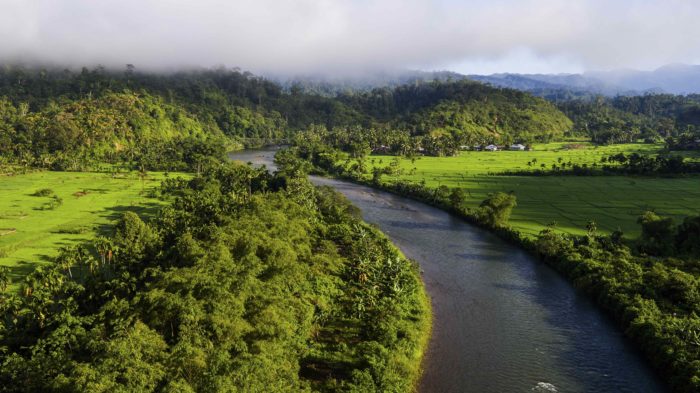
The Leuser Ecosystem and the iconic, highly endangered wildlife species that depend on it for survival remain under siege and in need of constant vigilance, but taken together these advances in conservation and sustainable livelihoods offer a vision for a path forward that is tailored to the unique needs of the local areas that comprise this remarkable region.
